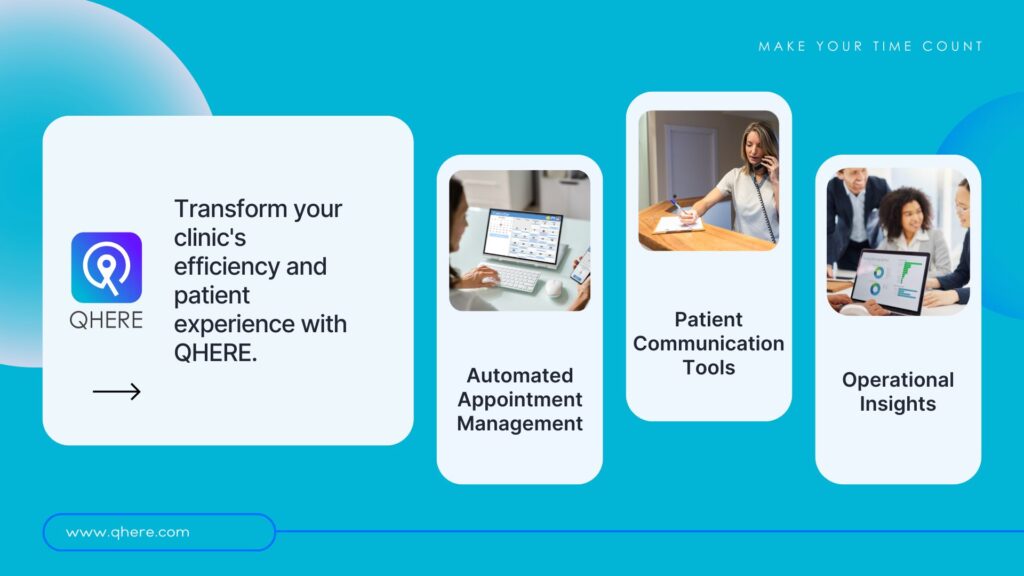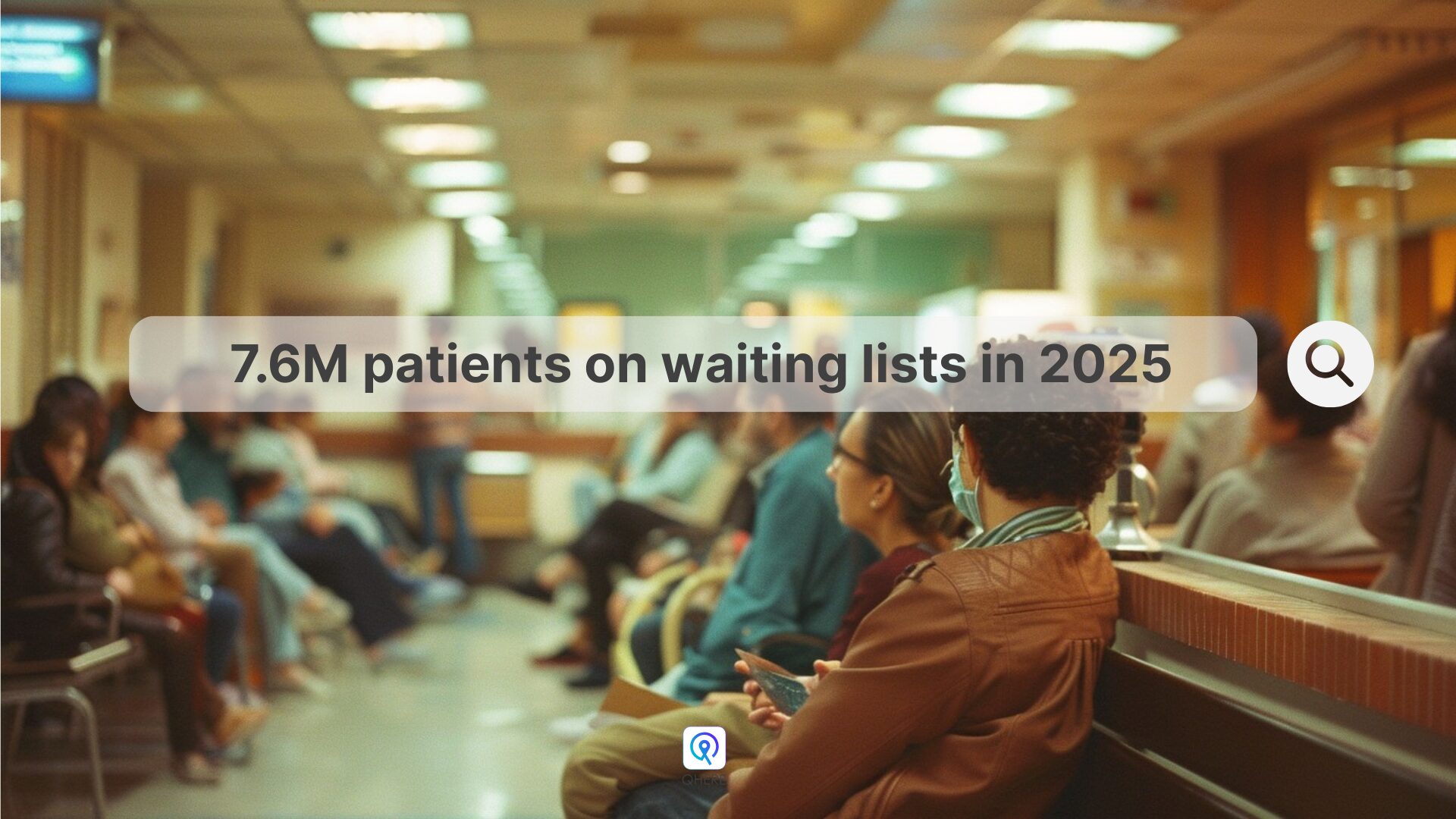The £2.1B Crisis: How NHS Waiting Times Are Draining Clinics (And How to Fix It)
The NHS Waiting List Emergency
The NHS England waiting list reached a record 7.6 million in 2025, with patients facing average waits of 18 weeks for routine care and 12 hours in A&E during peak times. Behind these numbers lies a deeper crisis: clinics are losing £2.1 billion annually due to inefficient queue management and staff mismanagement.
This isn’t just a patient satisfaction issue – it’s a systemic operational failure that the NHS Long Term Workforce Plan aims to address through digital transformation.
1. The Root Causes: Where the System Fails
The Staffing Crisis Meets Outdated Systems

The NHS currently operates with 132,000 vacant posts, while paradoxically, 35% of clinical staff time is wasted on administrative tasks like manually matching patients to available slots.
Traditional booking systems create three critical problems:
- Double-booking occurs when separate systems manage appointments and staff rotas
- Underutilized talent like specialists sitting idle while patients wait weeks
- No-show costs of £15 per missed appointment due to lack of automated reminders
The 2024 Hewitt Review explicitly called for ICBs to adopt “intelligent matching systems” to solve these issues.
2. How Smart Queue Management Solves This
A Policy-Compliant Solution

QHERE’s technology directly addresses NHS priorities by:
- Linking bookings to live staff capacity using AI, eliminating the 35% productivity loss from manual scheduling
- Reducing A&E wait times by 22% in pilot trusts through real-time triage staff allocation
- Cutting no-shows by 28% with automated SMS/email reminders aligned with NHS digital guidelines
3. Implementing Change: A Roadmap for Clinics

For NHS trusts and private providers ready to transform:
First Month
Conduct a free operational audit using QHERE’s dashboard to identify your biggest inefficiencies. Use the NHS My Planned Care dashboard to benchmark your clinic’s wait times against regional averages.
Month 2-3
Pilot the system in one department, focusing on either:
- A&E wait times
- Outpatient backlog
- Staff utilisation rates
Month 4+
Scale trust-wide and apply for Digital Transformation Funding through your ICB
The Future of Healthcare Efficiency
With NHS England mandating 30% productivity gains by 2030, clinics can’t afford to maintain the status quo. Solutions like QHERE that bridge the gap between policy requirements and operational reality will separate thriving practices from those drowning in backlogs.
Get Your Free Operations Evaluation NowSources
- NHS England (2025) Monthly Performance Statistics
- The King’s Fund (2024) Analysis of NHS Waiting Times
- Hewitt Review (2024) Integrated Care Systems: The Way Forward
- Nuffield Trust (2025) The True Cost of NHS Waiting Lists
- QHERE Internal Data (2025)


